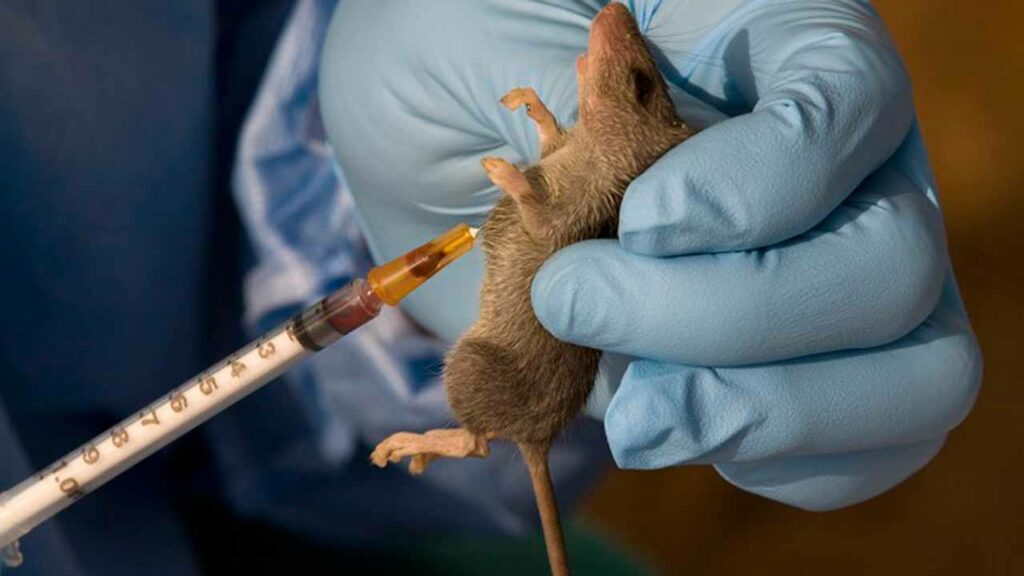Eight persons have died from February till date, from Lassa Fever in Gombe State, Dr Nuhu Bille, the State’s Epidemiologist with the Ministry of Health has said.
Bille, who disclosed this in an interview with our correspondent, in Gombe on Wednesday, said 225 persons had so far been tested, out of which 20 were confirmed positive and 10 were treated and discharged.
He added that two confirmed cases were on admission, while eight cases were still pending.
The epidemiologist said the cases were recorded in six local government areas (LGAs) of the state, namely; Balanga, Funakaye, Kwami, Kaltungo, Nafada and Gombe.
He, however, said Dogonruwa community in Kaltungo LGA had the highest burden.
He explained that from Feb. 10, when the first cases were confirmed, the government immediately set in motion a mechanism to contain spread of the disease.
“Usually, if you have such cases, try to control and treat; and once you do not have another case, you count 42 days before you say you are free from the outbreak.
“This is because the Incubation period of the bacteria is 21 days, so you multiply the number by two, and once the time lapses and no new case ha been recorded, then you say you are free from the disease.
“The first cases when the outbreak was declared were recorded in Dogonruwa community, and since then, we embarked on active search to contain spread.
“We have continued testing people, and as at today, we have been able to test 225 people in the state, out of which we have 20 confirmed cases of Lassa Fever,” Bille said.
According to him, while waiting for the 42 days incubation period to lapse, the ministry received a report that five Almajiris (Madrassa pupils), in the area, have died within nine days of falling ill with Lassa Fever symptoms.
“Four others from the area were also confirmed to be having the symptoms and were evacuated and their samples collected and screened for meningitis and Lassa fever.
“It was discovered that one of them, who tested positive to Lassa fever, had contact with those that died.
“It was based on this that we were able to know that the five that died were probable cases of Lassa fever,” he said.
Bille said it was discovered that the community needed robust social mobilisation and engagement because it was a hot spot for Lassa fever in the state.
According to him, the area is populated by mostly peasant farmers who are engaged in both rainy and dry season farming, and they keep manure from animal waste at home, making their environments dirty and habitats for rodents.
The health expert therefore, called on the public to keep their environment clean and keep away rodents such a rats, which are the primary hosts of the disease.
